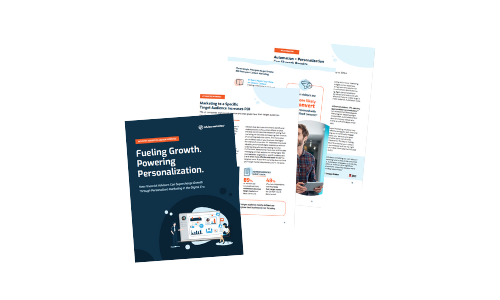When most people hear the term Search Engine Optimization, or even its abbreviated 'SEO,' they get a bit panicked. It sounds technical. Too technical. So technical it probably belongs in the IT Department, right?
 Wrong.
Wrong.
While it's true that SEO involves things like algorithms and meta-whatevers, carrying out the day-to-day isn't technical at all, especially with the newest animal themed updates (Panda, Penguin, and Hummingbird) to the way Google’s search engine performs.
Before the new updates, early, stone-age SEO did involve understanding a little technical-speak in order to know where to stuff all of your keywords - meta tags, alt-tags, invisible text, etc... Today, while keywords still remain relevant to SEO, the overall concept around how Google searches has changed.
Real, Easy Talk
Google's search engine now functions on a more intuitive level - it tries to understand how someone thinks when they perform a search. Instead of content over-stuffed with keywords, which almost never sounds good, Google is prioritizing content that caters to the reader.
Many of us need to unlearn the terrible writing we adopted during the dark days of the early internet.
Do you need a website? Then our websites are the websites for your website needs! Website.
What this means is that SEO is far less 'technical' than it's ever been. The key now is to write for a person and not a Google Bot. Before these new sophisticated updates, SEO was a system to be gamed, and gaming it involved understanding several tech-like hacks. Since people aren't systems that can be gamed with computer knowledge, SEO no longer requires a degree in Comp Sci.
*phew!*
The Big Picture
 If you’ve shuffled SEO duties off to the tech guys and gals, you’ve neglected where else it lives. The overall user experience of a website contributes significantly to its SEO ranking.
If you’ve shuffled SEO duties off to the tech guys and gals, you’ve neglected where else it lives. The overall user experience of a website contributes significantly to its SEO ranking.
One part of the user experience is usability. At first glance, SEO and usability are very different topics - from the Nielson Norman Research Group:
“SEO is about attracting people to your site in the first place by making sure it shows up in search queries”
while…
“Usability is about people’s behavior after they arrive on your site, with the main goal being to increase the conversion rate.”
But both factors are important for a healthy, successful website. In fact, both usability and SEO are reciprocal to success. A website that ranks high on a results page will typically receive more traffic, but if the site has poor usability, it’s likely that visitors will bounce away and not return. Alternatively, a site with excellent usability but does not rank highly in search engines will not receive many visitors.
And, while your website should absolutely be coded properly for maximum navigational ease and mobile friendliness, your Graphic and Web Designers also have SEO parts to play. As does your Marketing Department. If they’re publishing any content or campaigns online - blog posts, e-books, newsletters, contests - it should be optimized.
The overall experience = how your website looks, reads, and functions
The bottom line is that SEO should be practiced by every department that contributes to your website, which will help that other bottom line.

.jpeg)






